The Art of Planning: How to Help Your Kids Master the Daily Game Plan
Ah, the daily grind! Whether it's getting ready for school or planning a fun-filled weekend, life can sometimes feel like a whirlwind. As parents, we want our little ones to grow into organized, responsible adults. But how do we instill that love for planning in our tiny tornadoes? Fear not! Here’s a lighthearted guide to teaching your kids the magical art of daily planning, complete with giggles and a few “a-ha!” moments.
Why Planning is Important
Before diving into how to teach planning, let’s chat about why it matters. Planning helps children:
- Stay Organized: Imagine the chaos of searching for a lost shoe at the last minute!
- Manage Time: Kids learn the value of time and how to balance play with responsibilities.
- Set Goals: Teaching them to aim for small achievements can build confidence.
Start Simple: The Daily Plan
To avoid overwhelming your little planner, start with a simple daily plan. You can use a fun chart or a colorful whiteboard. Make it a family activity! Sit down together and create a plan for the day. Here’s how:
- Morning Routine: List the essentials like brushing teeth, getting dressed, and eating breakfast. Don’t forget to include “sneak in a dance party” for good measure!
- Daily Activities: Include school, chores, and playtime. Kids can help choose activities—let them decide between “homework time” or “coloring hour.” Spoiler alert: they’ll probably choose coloring!
- Evening Wind-Down: Discuss bedtime routines and quiet activities like reading or cuddling with a favorite stuffed animal.
Make It Visual and Fun!
Kids love visuals, so why not create a colorful planner? Use stickers, markers, and even drawings. Create a “Planning Wall” where they can display their daily plans. Each time they complete a task, let them add a fun sticker or a smiley face. It’s a visual reward that makes them excited about planning!
Incorporate Technology
If your child loves gadgets, consider using apps designed for kids to help them plan their days. There are kid-friendly task management apps that turn planning into a game. Just imagine their excitement when they can check off tasks with a virtual “high five”!
The Power of Flexibility
Life is unpredictable (thank you, toddlers!). Teach your kids that plans can change. If it starts raining during playtime, don’t panic! This is a perfect opportunity to plan an indoor scavenger hunt. Show them that being flexible is just as important as planning ahead.
Rewarding Good Planning
When your child successfully follows their plan, celebrate! Whether it’s a sticker chart or a special treat, let them know they did a fantastic job. Positive reinforcement will encourage them to keep up their planning habit.
Encourage Independence
As your child becomes more comfortable with planning, encourage them to take the lead. Allow them to create their own plans for weekends or vacations. You might be surprised at how creative they can get! Plus, it’s a great opportunity for them to learn decision-making skills.
Role Model Planning
Children learn by example. Share your daily planning process with them! Whether it’s using a planner or jotting down notes on your phone, let them see how you manage your time. You could even have family planning sessions every week. It’s a fun way to bond and show them how planning fits into everyone’s lives.
Conclusion: Planning is a Life Skill
In the grand adventure of parenting, teaching your kids to plan is one of the best gifts you can give them. It’ll help them navigate the twists and turns of life with confidence and creativity. So, grab those colorful markers and get ready to embark on a planning journey that’s as fun as it is educational. Remember, the goal isn’t perfection—it’s progress. With a little laughter and patience, your kids will soon become planning pros, ready to tackle each day with a smile!
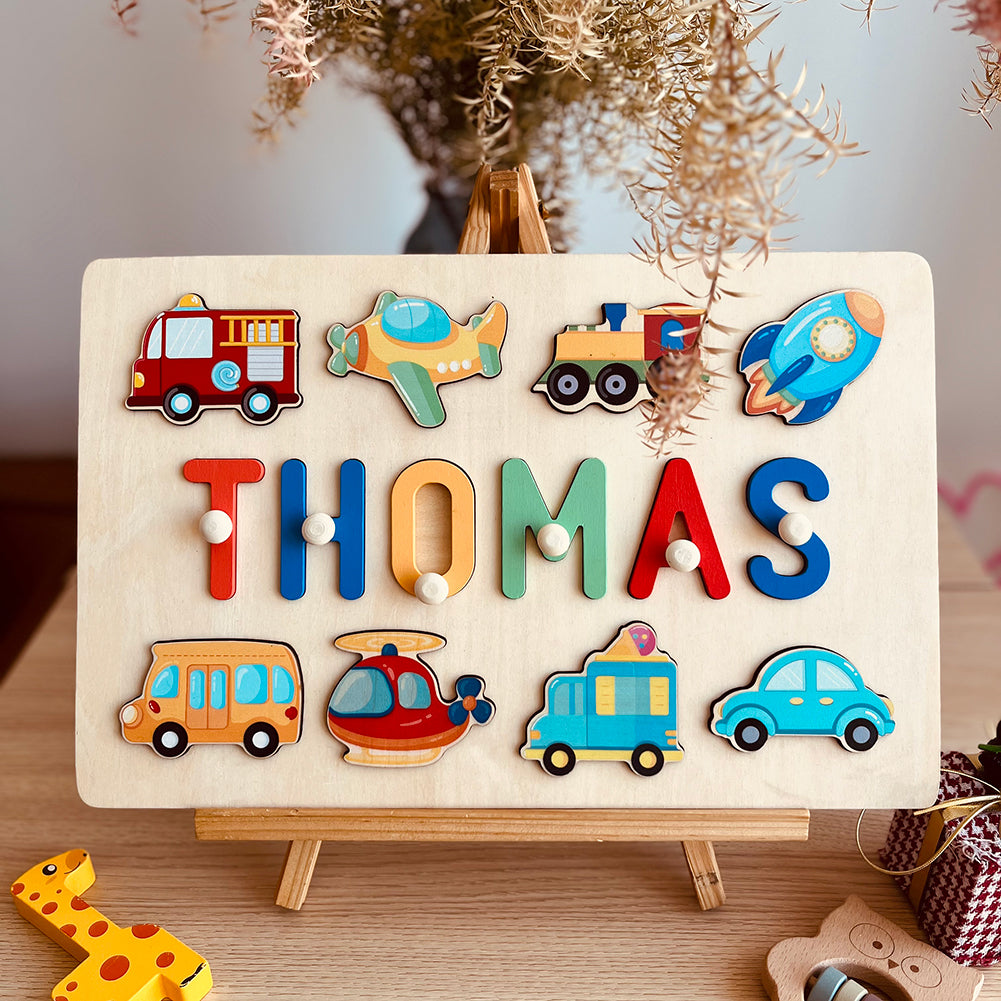
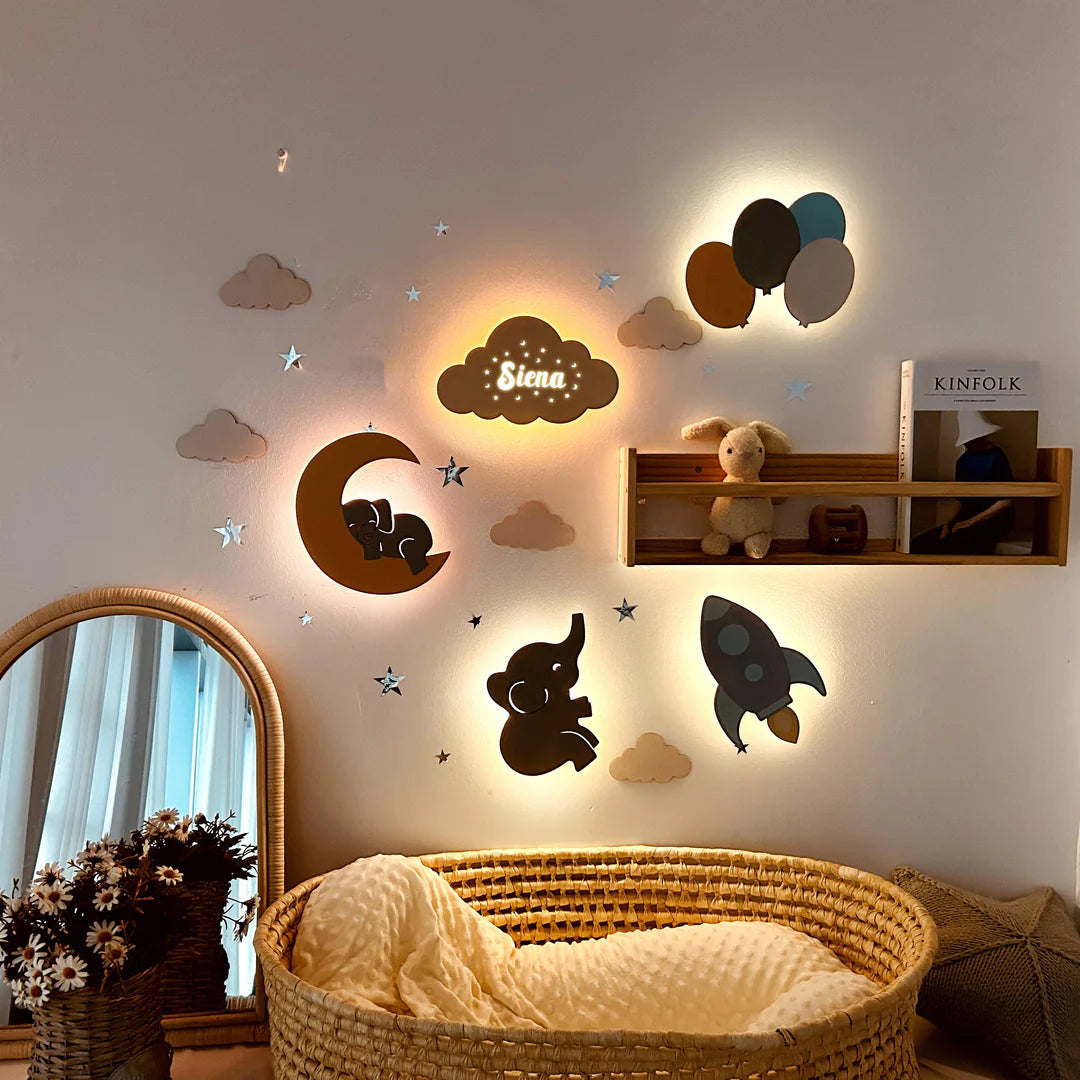


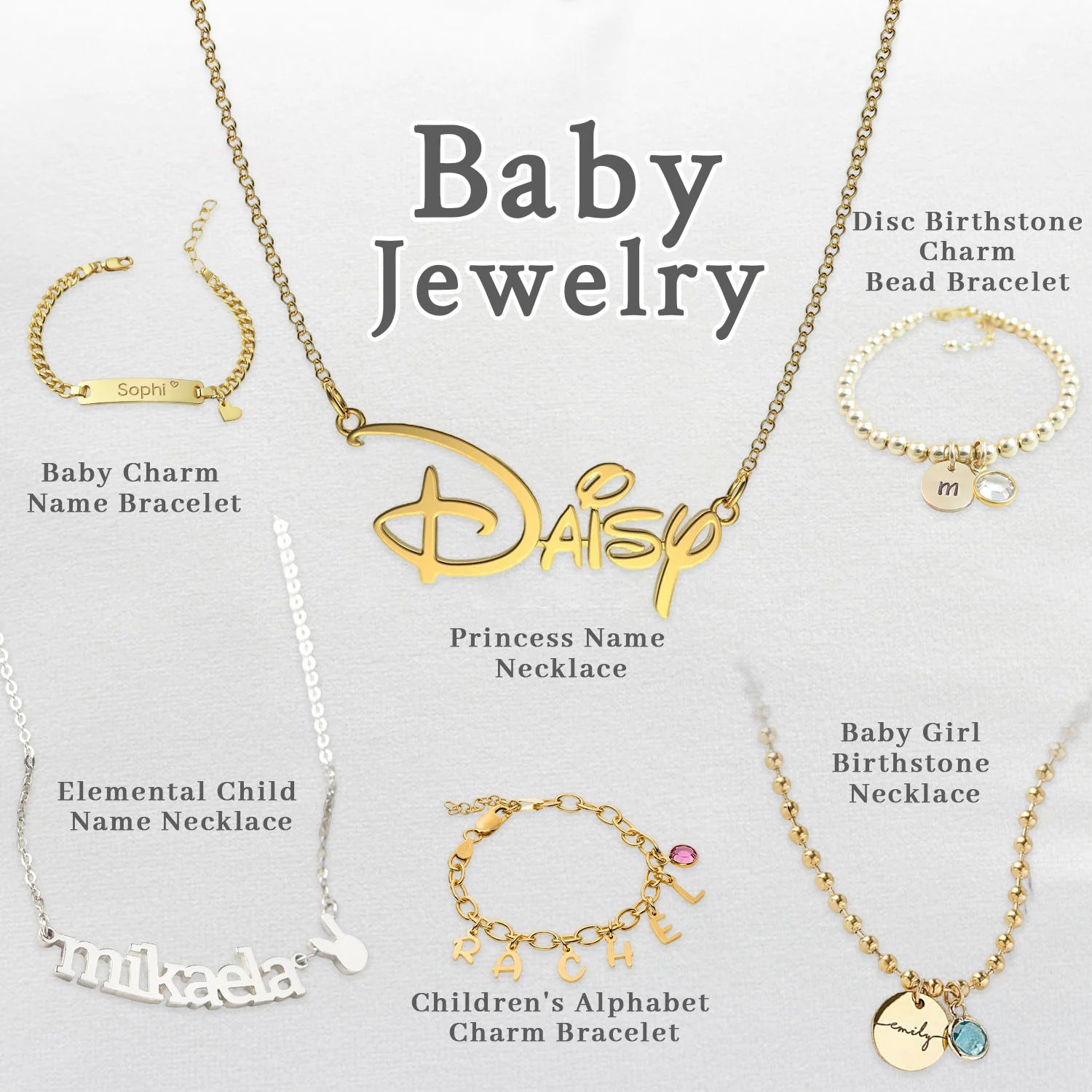
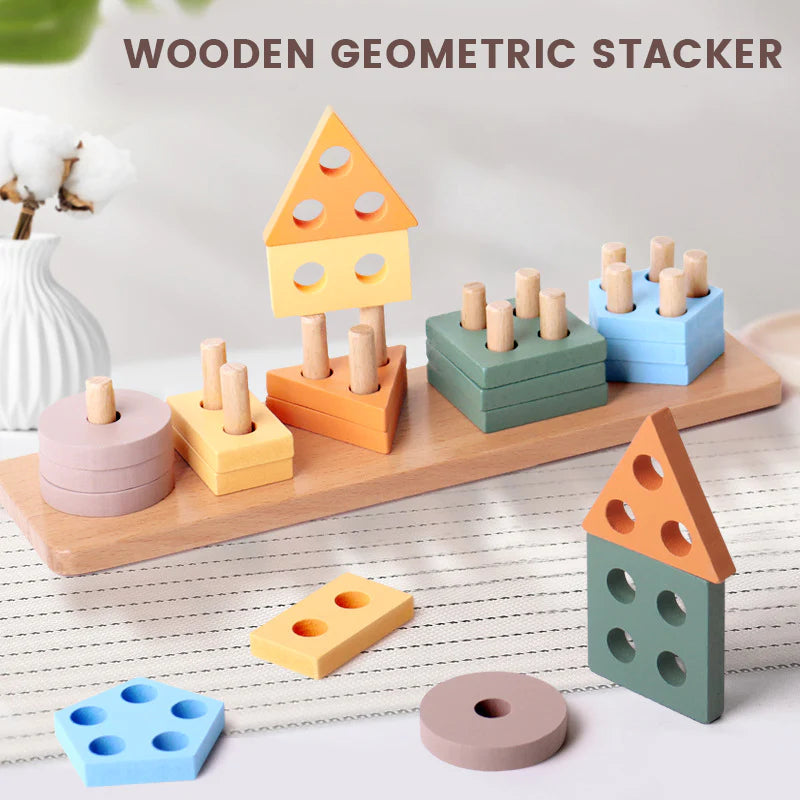



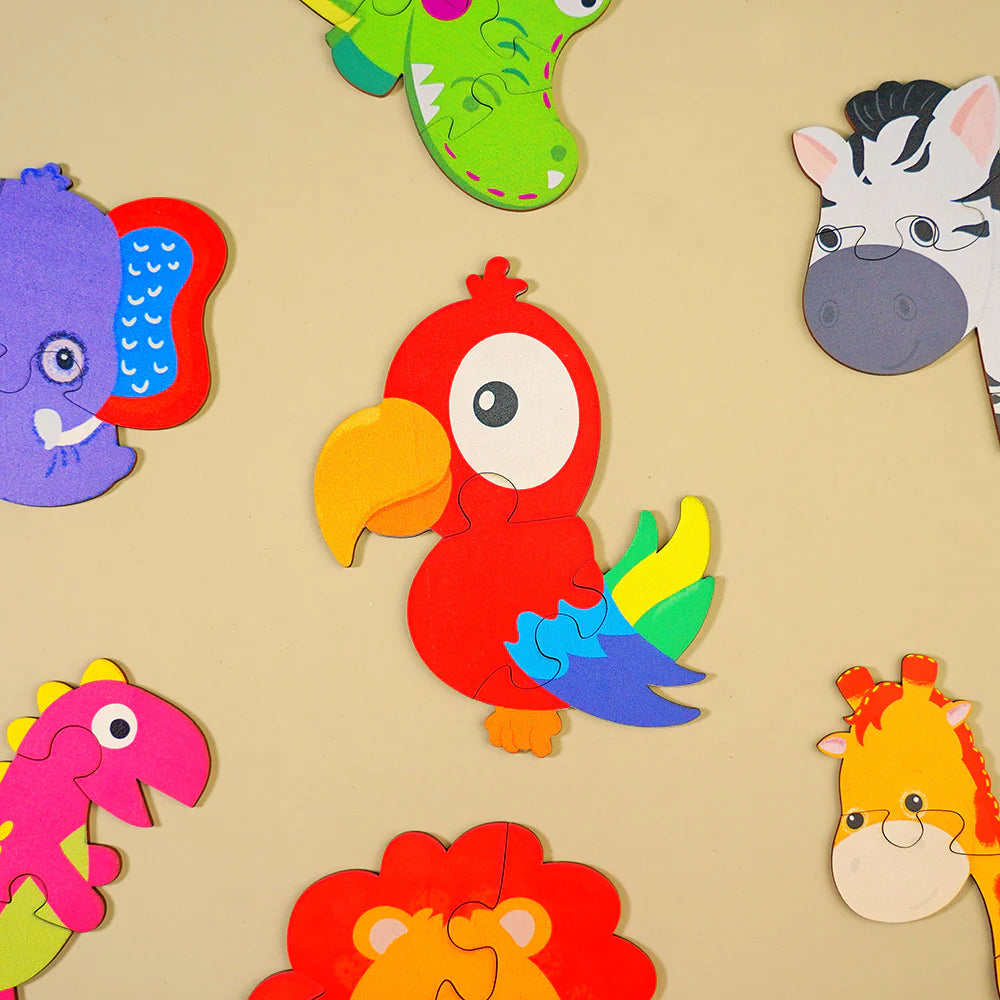

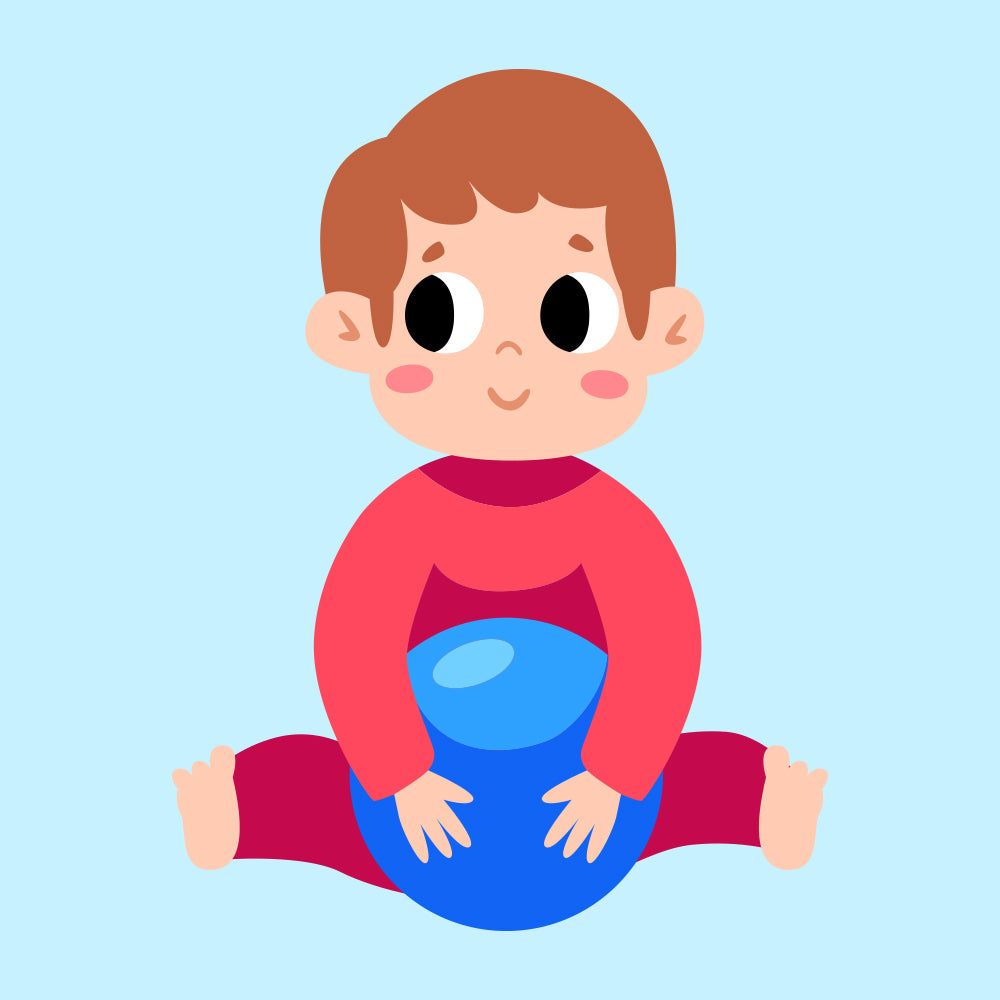



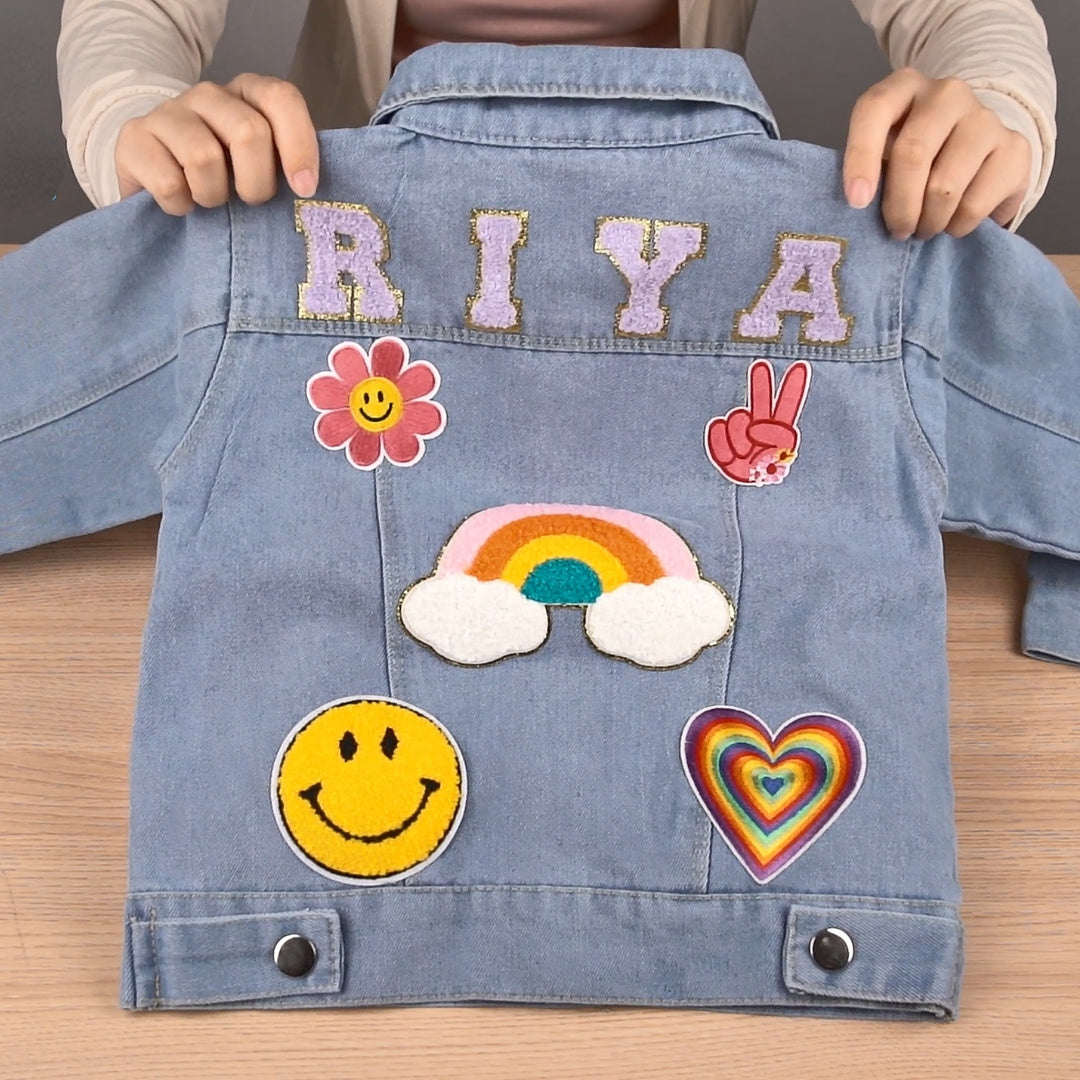


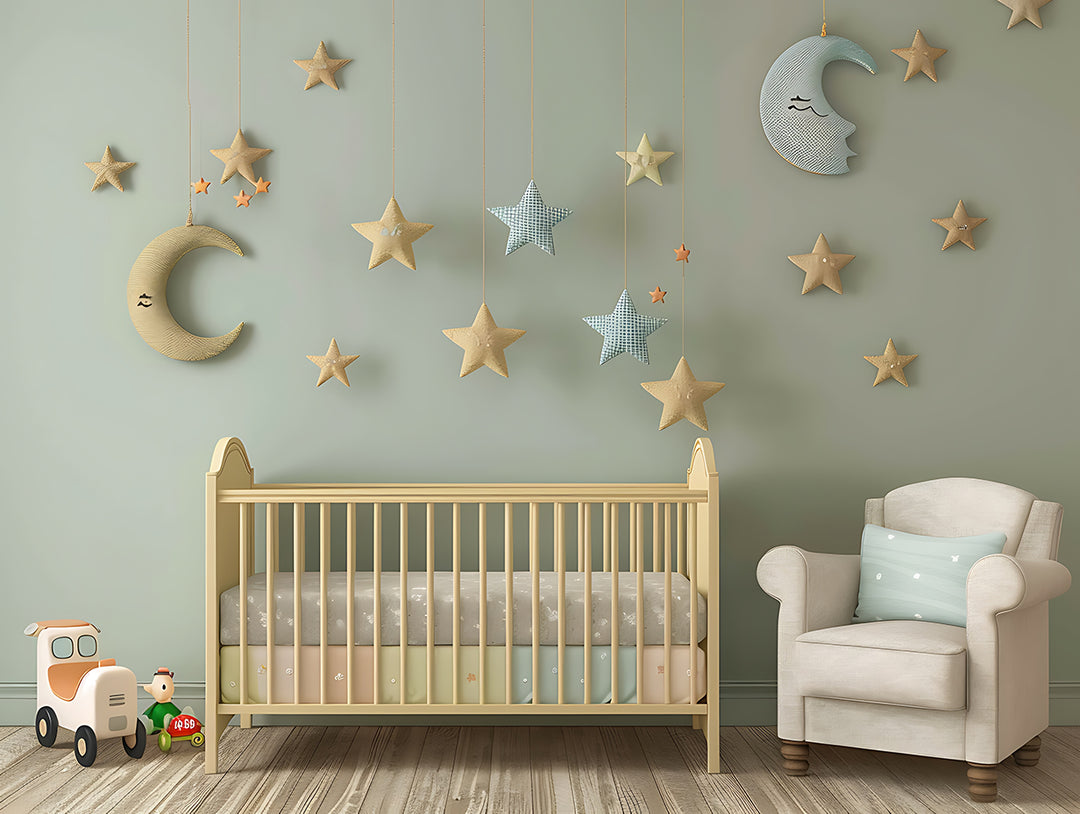
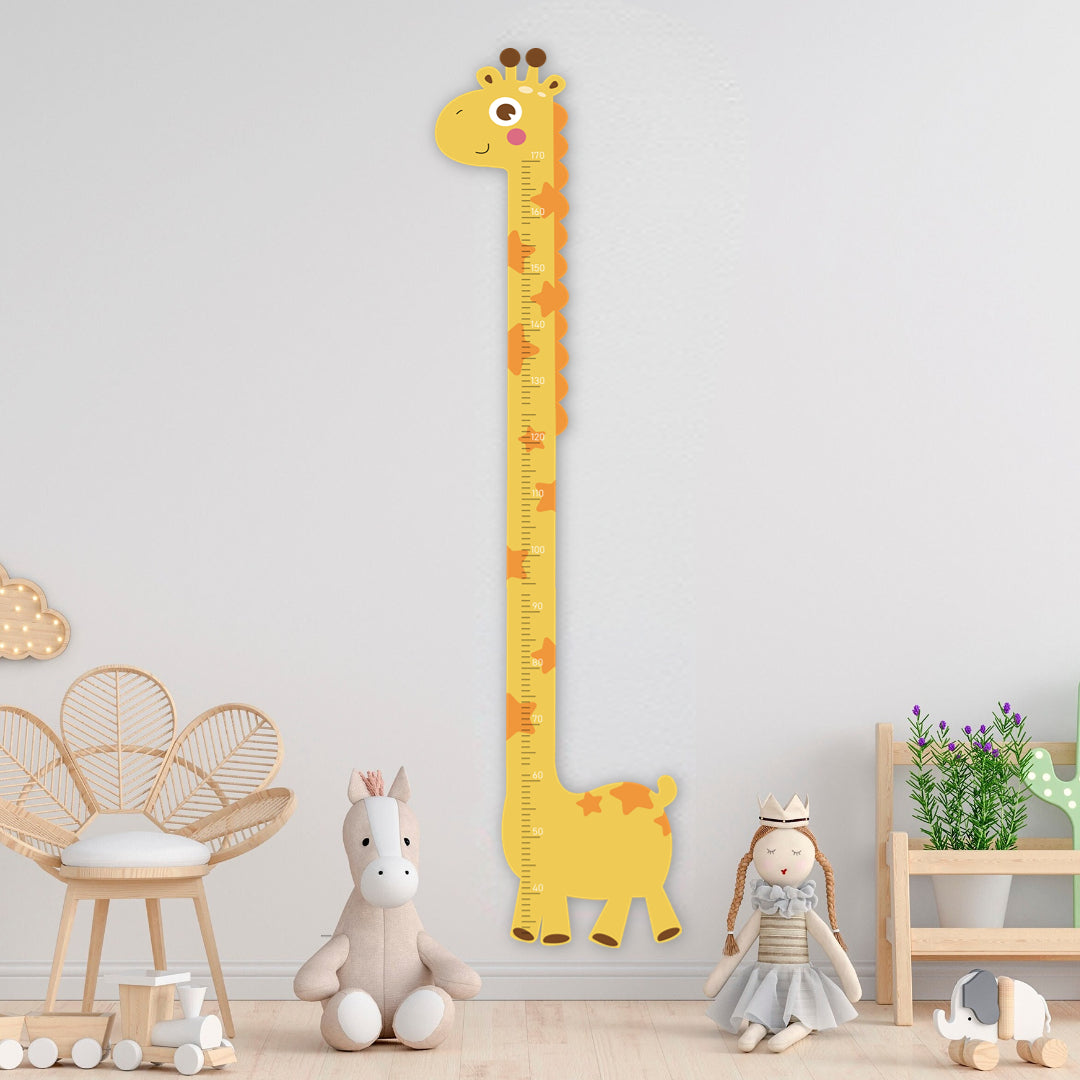
Leave a comment